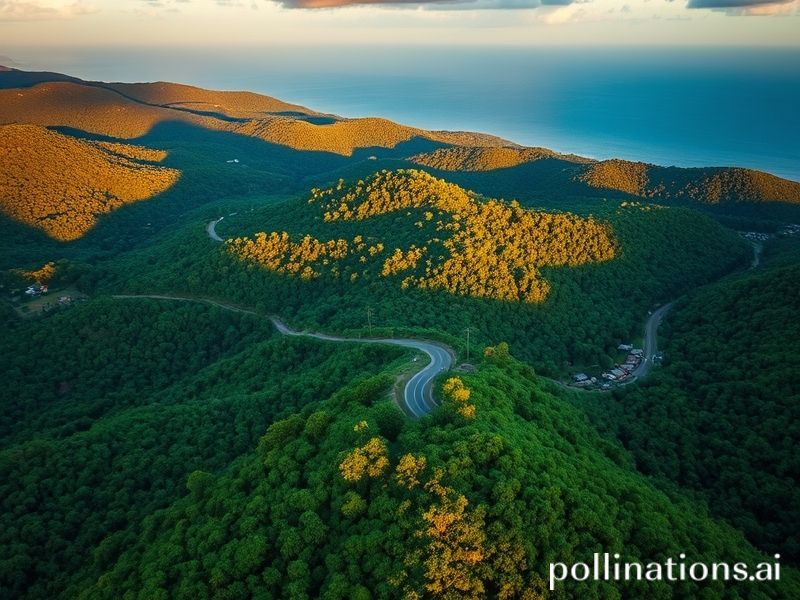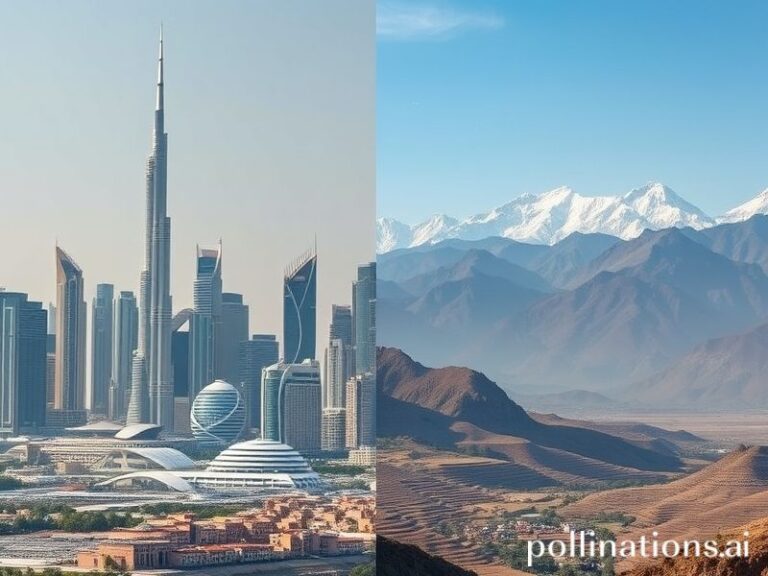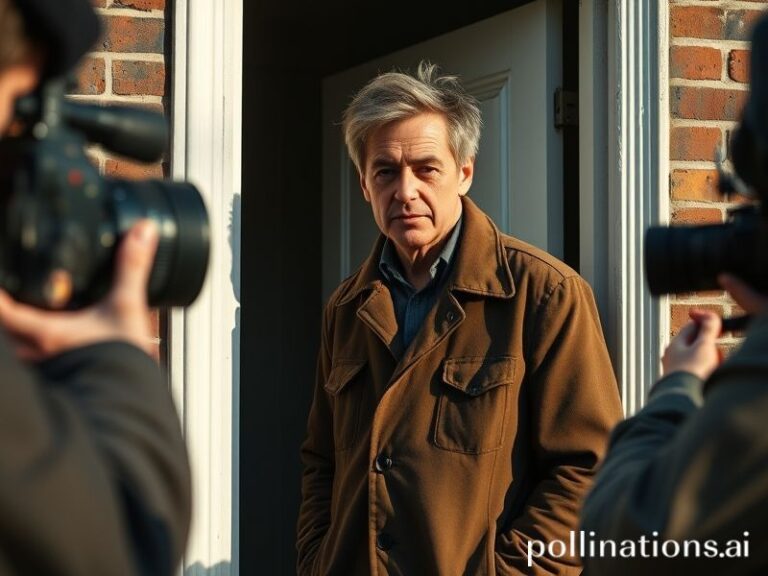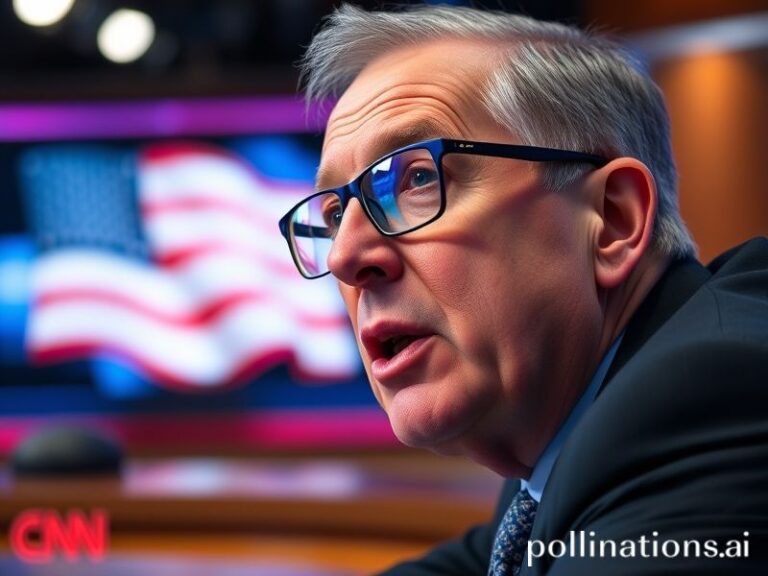Sierra Leone: The Plankton Nation Where the World Checks Its Guilt at the Door
Freetown, Sierra Leone – If the world were a dinner party, Sierra Leone would be the guest who arrives fashionably late, still wiping blood off its shoes, politely asks for water, and then gets handed the bill for everyone else’s cocktails. A nation that has endured coups, a diamond-fuelled civil war, Ebola, and mudslides the consistency of wet cement now finds itself cast in the latest global morality play: the “Can Africa please stop being a cautionary tale?” tour. Spoiler alert: reviews are mixed.
On the surface, the script looks promising. President Julius Maada Bio—whose résumé improbably lists both military coup participant and TED-talking reformer—has been busy courting foreign investors with the enthusiasm of a man selling beachfront property that occasionally disappears under the Atlantic. The government promises “radical transparency,” a phrase that in post-colonial states traditionally translates to “please ignore the offshore account.” Still, the International Monetary Fund claps politely, the World Bank nods sagely, and a handful of London mining lawyers update their LinkedIn banners with sunrise-over-Freetown stock photos. Progress, ladies and gentlemen, smells like freshly audited spreadsheets.
Globally, Sierra Leone matters because it is the canary the world keeps promising to stop gassing. Its offshore waters are being eyed by EU fishing fleets that have already vacuumed their own seas into oblivion; its rutile and bauxite deposits are the raw material for smartphones that will eventually be recycled in a Guangzhou suburb by teenagers with dental problems. In the geopolitical food chain, Sierra Leone is plankton—tiny, essential, and routinely swallowed by much larger creatures pretending they’re on a seafood diet.
Yet the real story is not what happens inside Sierra Leone’s borders but what those borders reveal about the rest of us. When Western governments preach climate virtue while importing fish caught by trawlers flying flags of convenience, they’re simply outsourcing their guilt to a coastline where the word “tsunami” is usually followed by “again?” When cryptocurrency evangelists tout blood-free diamonds on the blockchain, they forget that the blood was never in the stones—it was in the people holding them. And when global health agencies congratulate themselves on “containing” Ebola in 2016, they neglect to mention the containment was achieved by local burial teams improvising PPE out of garbage bags while the WHO held conference calls about branding.
The international press, ever allergic to complexity, periodically parachutes in to ask why Sierra Leone can’t just “get its act together.” The question is posed from hotel balconies where the Wi-Fi is strong, the gin is cold, and the electricity cuts out only twice during the interview. The answer, inconveniently, involves centuries of extracting its resources and decades of bombing its institutions, a cocktail recipe the global north keeps misplacing like a drunk teenager’s fake ID.
Still, there is a mordant optimism afoot. The national revenue authority, once a suggestion box with a padlock, now collects taxes at a rate that would make a Greek café owner blush. The government’s free-education policy has stuffed classrooms so full that children sit three to a bench, which at least guarantees future voters will have excellent posture. And when a late-night power cut plunged Freetown into darkness last month, the WhatsApp group for local journalists lit up with memes comparing the blackout to Brexit: “At least ours only lasts six hours.”
In the end, Sierra Leone is less a country than a mirror—cracked, blood-spattered, but still reflective enough to show the world its own face. And what a face it is: one part guilt, two parts denial, and a liberal smear of mineral-based moisturizer. Until the rest of us wipe that off, the guest will keep arriving, politely asking for water, and quietly wondering why the host keeps ordering more champagne.







